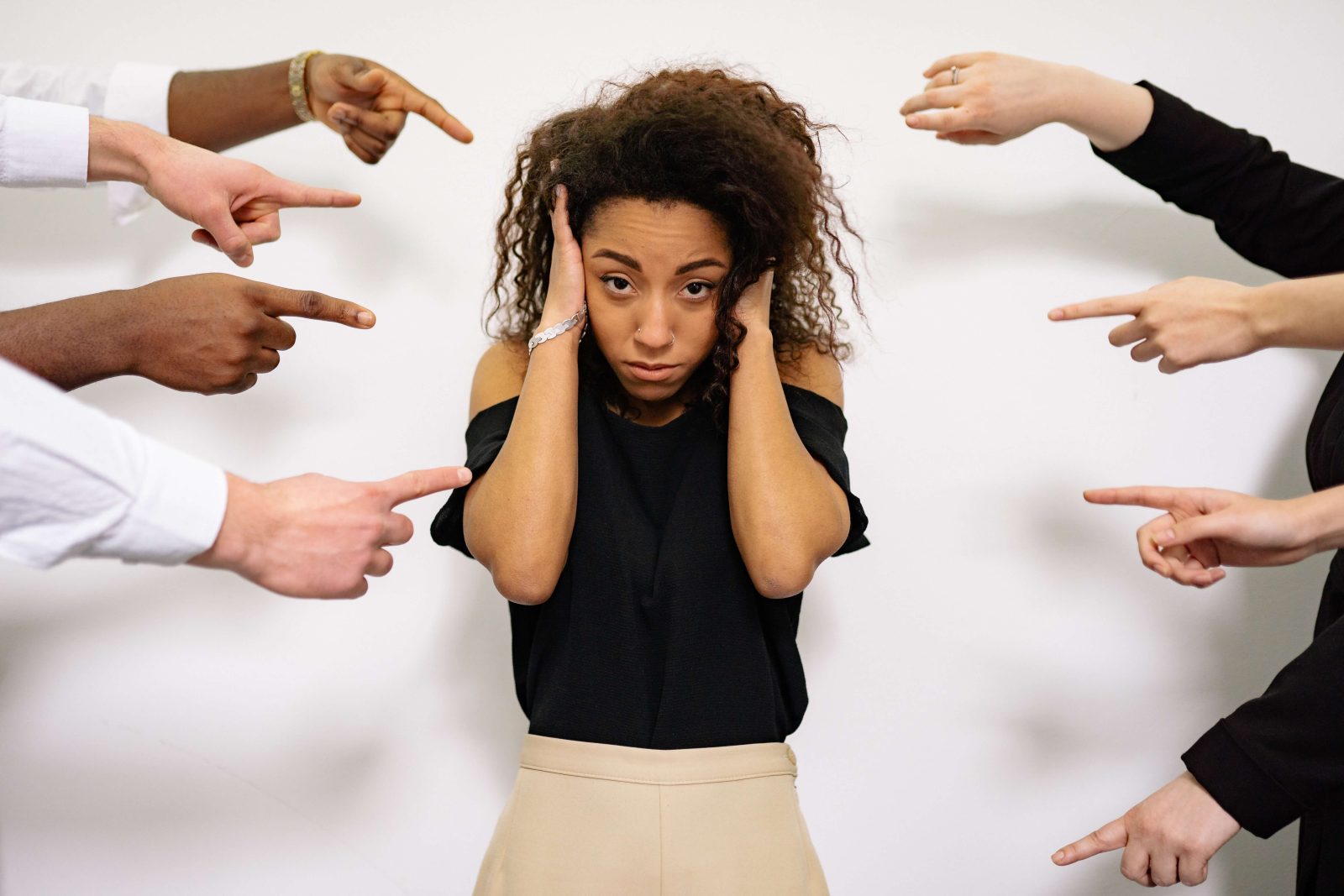Category: Awareness, Motivational, Personal Development, Self-meditation, Well-being
It’s normal to feel as if you aren’t measuring up from time to time, but some of you might be wondering how you can identify your insecurities when it matters most.
Even the best of us feel insecure. The feeling can sabotage our future successes in life; that if we let it rule over us.
Now is always the perfect time to deal with your insecurities and find the opportunity to become a better version of yourself.
What kinds of insecurities are there?
Insecurities come in many forms and affect us in different ways. A few examples of the most common insecurities are the following:
Body image
Those who have insecurities with their body image may find themselves using too much time and energy worrying about their appearance.
Many of us struggle with how we see ourselves physically. Instead of finding balance with the different parts of our bodies, we might think that certain parts such as our ears, teeth, or noses might be ruining our image.
Social insecurity
How often do you find yourself worrying that you might not contribute to a conversation or won’t be able to get a joke across?
This is what many people with social insecurities struggle with, especially when they attend events such as parties or gatherings. They often find themselves anxious about how they might be judged by others, so much so that they lose confidence or avoid social situations altogether.
Job security
We do a better job at our workplaces than we might think, but we don’t think that all the time.
A lot of hard workers can feel anxious that they’re slacking off on crucial tasks or aren’t delivering enough to justify their position at the office.
This is not the case in most parts, but it can affect our self-esteem and, in the long run, our professional growth.
How do you identify your insecurities?
When it comes to identifying what you might be insecure about, there are more common signs to look out for. These signs can include:
Lack of openness
People who lack openness could have insecurities that they don’t know about yet.
Stress and fear of opening yourself to new people could be a sign of lower security. It’s especially apparent if you find yourself less open to new situations in general.
Too much perfectionism
Insecurities can manifest from wanting to apply perfectionism to everything you do, even when it isn’t needed.
Striving for a flawless lifestyle for security can lead to more insecurities. It leads to a need for more control beyond what you already have.
Fear of failure
Those who lack security find themselves fearing failure and rejection the most.
Often, we dread letting the people we love down. But more than anything, we’re afraid of being turned away by those we look up to.
Less confidence
Confidence is what most who have insecurities lack, and it can gauge where those insecurities lie most.
The less confident you are at a task, the more likely that’s where you have the least belief in yourself.
Harsh criticism of yourself
We are our worst critics, and only have the harshest opinion of ourselves if we’re insecure.
Many of us who have insecurities only punish ourselves with the guilt of our mistakes in life. It can lead to us talking down to ourselves more when we should be doing our best to lift our self-esteem when we feel the lowest.
Insecurities can also come from an underlying mental condition or past trauma. In any case, it’s still possible to overcome your insecurities no matter how hard it gets.
It’s just a matter of reaching out to the right professionals. Contact us at MidCities Psychiatry today and see how we can help you or a loved one recover with a greater passion for life!

